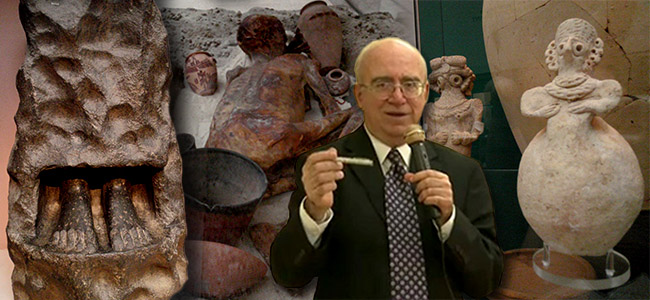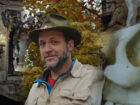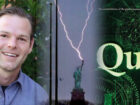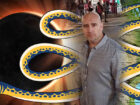If the aim of a researcher in human origins is "to find evidence for evolution," then how will such a researcher react to evidence that radically contradicts evolutionary expectations? There are many reports of evidence for extreme human antiquity. How do human origins define our political structure? Over the past two centuries researchers have found bones and artifacts showing that people like ourselves existed on earth millions of years ago. But the scientific establishment has ignored these remarkable facts because they contradict the dominant views of human origins and antiquity. Cremo and Thompson challenge us to rethink our understanding of human origins, identity, and destiny. Forbidden Archeology takes on one of the most fundamental components of the modern scientific world view, and invites us to take a courageous first step towards a new perspective.
"The ontology of the modern scientific worldview recognizes only the existence of ordinary matter and material forces... However, we see that at various times in the history of Western science, scientists have accepted things such as subtle material elements, a nonmaterial soul, and God as part of their explanations of life and the universe." --Michael A. Cremo, Introduction to My Science, My Religion
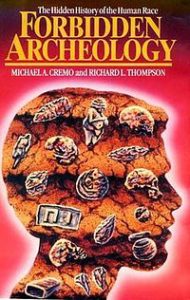 Michael Cremo is on the cutting edge of science and culture issues. In the course of a few month's time he might be found on pilgrimage to sacred sites in India, appearing on a national television show, lecturing at a mainstream science conference, or speaking to an alternative science gathering. As he crosses disciplinary and cultural boundaries, he presents to his various audiences a compelling case for negotiating a new consensus on the nature of reality.
Michael Cremo is on the cutting edge of science and culture issues. In the course of a few month's time he might be found on pilgrimage to sacred sites in India, appearing on a national television show, lecturing at a mainstream science conference, or speaking to an alternative science gathering. As he crosses disciplinary and cultural boundaries, he presents to his various audiences a compelling case for negotiating a new consensus on the nature of reality.
Michael Cremo is a member of the World Archeological Congress and the European Association of Archaeologists as well as an associate member of the Bhaktivedanta Institute specializing in history and philosophy of science.
